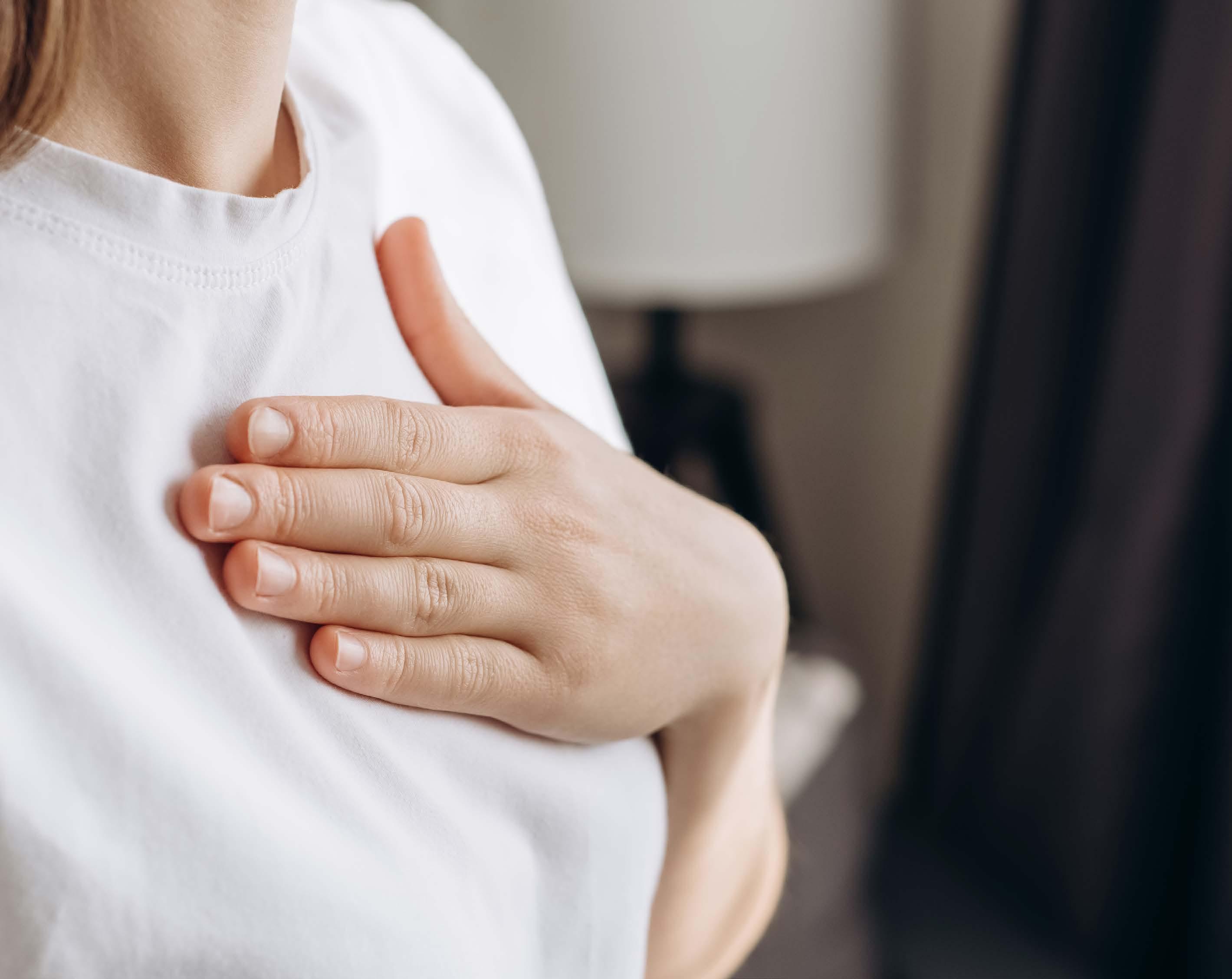
2 minute read
ACHALASIA: EMPLOYING LEADING-EDGE TECHNOLOGIES FOR DIAGNOSIS AND SURGICAL CARE
With one of the busiest diagnostic GI laboratories in the country, the Underwood Center has the ability to accurately diagnose people with achalasia and a variety of other swallowing problems. While achalasia is a relatively uncommon disease, our team has the unique opportunity to see a large volume of cases — among the top three in the country — which allows us to provide superior care.
“Medications for with short- and long-term solutions,” said Gulchin Ergun, MD, gastroenterologist. “We work in unity with surgeons to handle all cases, with the goal of allowing each patient to eat well and have a good quality of life.”
New technologies such as the robot-assisted Heller myotomy with Dor fundoplication and peroral endoscopic myotomy (POEM), in which Houston Methodist surgeons are uniquely proficient, have shown fewer postsurgical complications. Robotic Heller myotomy has a 0% esophageal perforation rate and a median length of stay of just one day.
Further, other new tools like the Esoflip™ and Endoflip™ enable surgeons to get real-time feedback on surgical success through monitoring changes in sphincter pressure, ensuring symptom relief yet reducing the risk of reflux.
Clinical Differentiators
• Intraoperative tools enable our specialists to measure motility, distensibility, diameter and cross-sectional area around the gastroesophageal junction to ensure successful outcomes.
• POEM is a breakthrough procedure that treats achalasia and other conditions endoscopically.
Research Initiatives
• EndoFlip™ studies on success of surgical procedures
• Studies on the optimal surgical approach to gastroesophageal reflux
INTEGRATED CARE, DYNAMIC RESEARCH
GERD AND HIATAL HERNIAS: COMBINING INNOVATIVE MEDICAL AND SURGICAL CARE FOR COMPLEX CASES

Houston Methodist physicians and surgeons intersect multiple disciplines in the treatment of diseases and disorders related to gastroesophageal reflux. The team operates under standards and guidelines they developed to ensure each patient’s unique needs are met.
While reflux, GERD and hiatal hernias are common, our team tends to see the more unusual and challenging presentations. In addition, we often receive referrals from pulmonologists, otolaryngologists and allergists for evaluation of atypical symptoms.
The Houston Methodist J.C. Walter Jr. Transplant Center is a leading lung transplant center in the U.S., and one of just a few in the nation to perform early transplantation for end-stage lung disease due to severe COVID pneumonia.
“One of the most devastating complications of lung transplant is gastroesophageal reflux causing aspiration, which then inflames lung tissue and triggers organ rejection,” said Gulchin Ergun, MD, gastroenterologist. “The pandemic gave us an opportunity to study this unique patient population to determine the importance of reflux testing before and after transplant, and to help ensure optimal outcomes for them.” Surgeons at the Underwood Center then use minimally invasive surgery techniques to provide a barrier to prevent reflux and resulting organ rejection.
Esophageal function testing via manometry, impedance-pH and BRAVO™ in our world-class diagnostic GI lab is often performed to assess the contribution of reflux to symptoms and determine if surgery is needed. Our surgeons relentlessly pursue the newest technologies and tools that provide the least invasive options, providing faster recovery with less pain — including robotic-assisted fundoplication.
A focused effort on enhanced recovery after surgery with a multimodal pain regimen has allowed Houston Methodist to send patients home after surgical treatment of GERD and hiatal hernia with only over-thecounter pain medications. Narcotic use at the time of discharge has dropped from 87% to 9.6% over the last three years with good pain control, in turn dramatically reducing complications after surgery.
“Through a multimodal pain management protocol, we help patients understand how to control their pain through education and the use of multiple non-narcotic pain medications after surgery,” said Min Kim, MD, gastrointestinal surgeon.
Clinical Differentiators
• Our team provides comprehensive assessment and advanced diagnostics, including pH impedance testing, BRAVO™ pH testing, high-resolution manometry and Endoflip™.
• From medications to endoscopic approaches, to laparoscopic and robotic surgery, we offer a variety of treatment options, including treatment for patients who had encountered failure from prior surgeries.
Research Initiatives
• Robotic-assisted procedures and outcomes
• Studies to compare recent innovations, looking at clinical outcomes and patient experiences
• Impacts of GERD on lung transplants in COVID-19 patients










